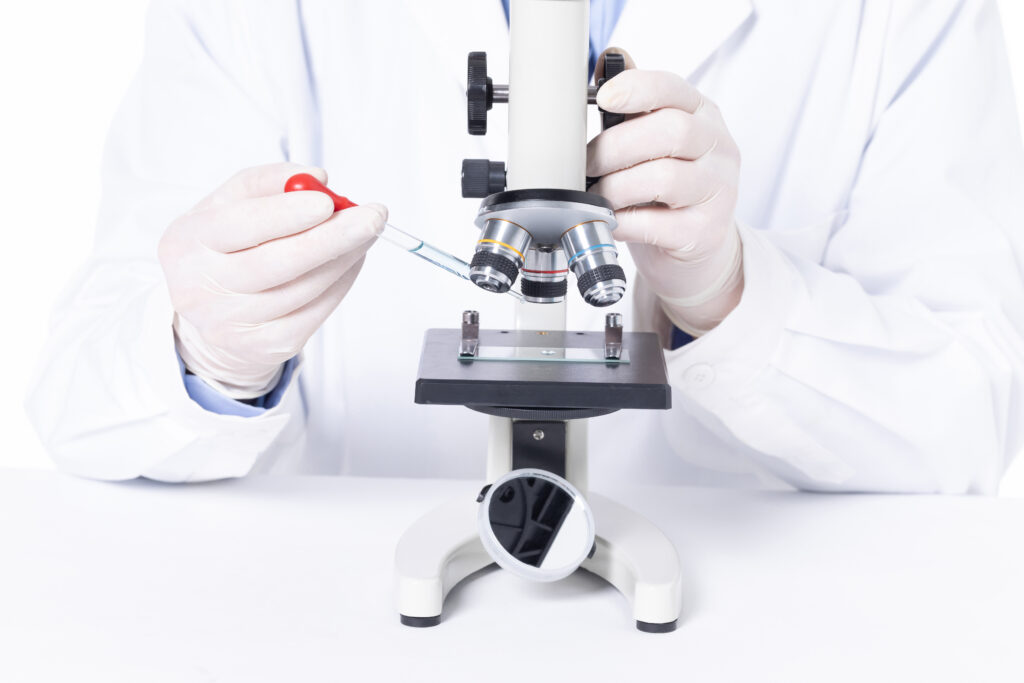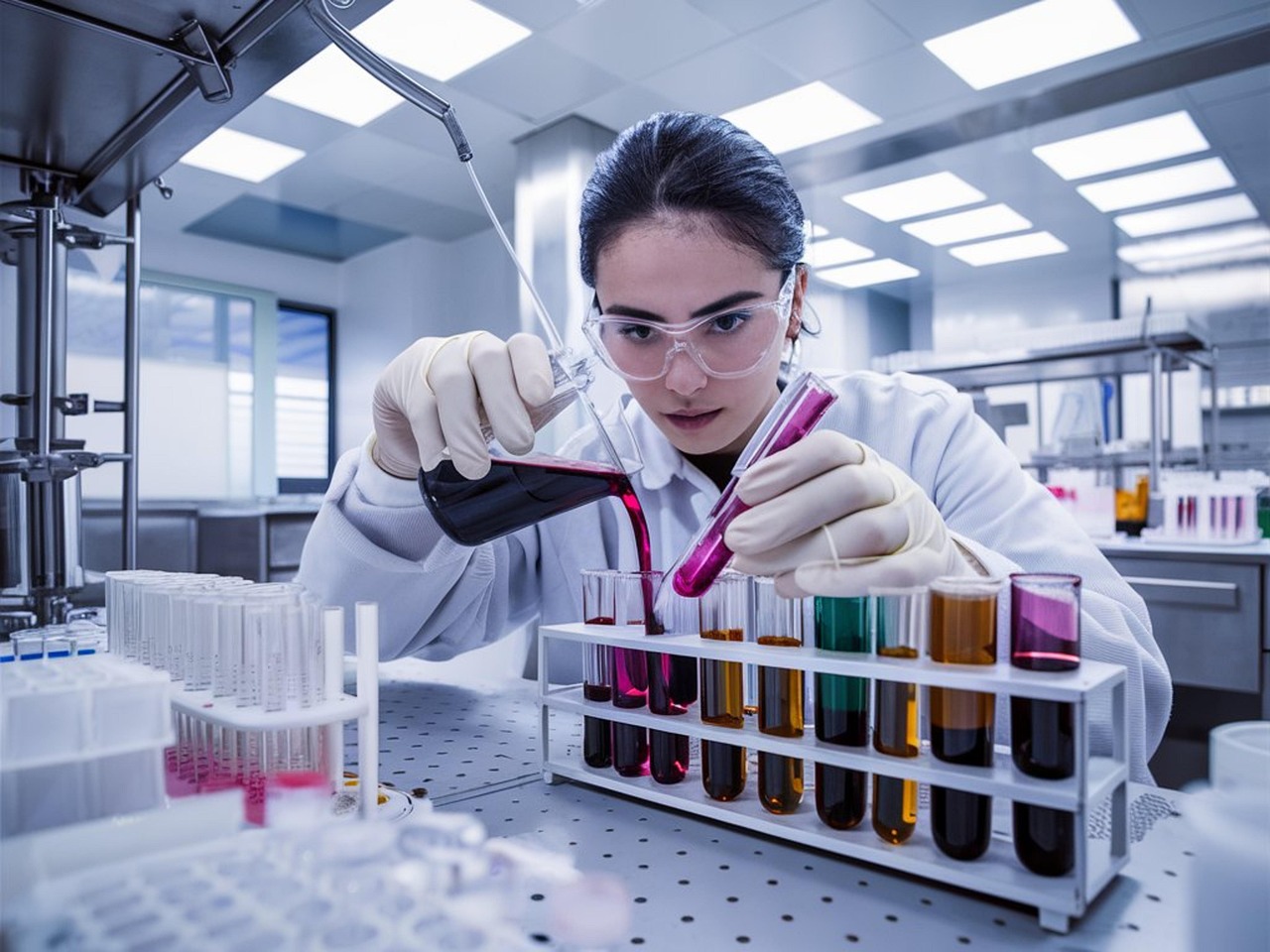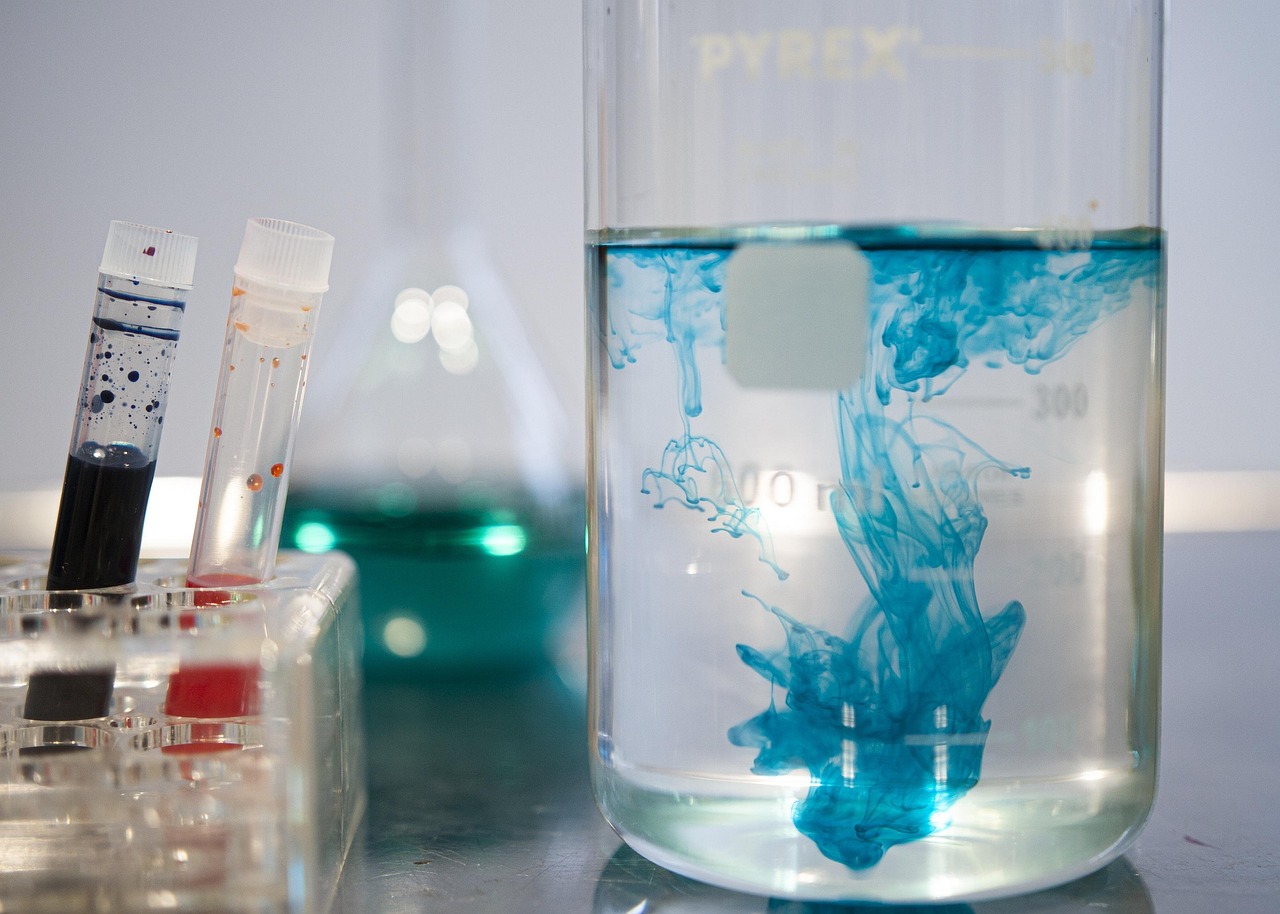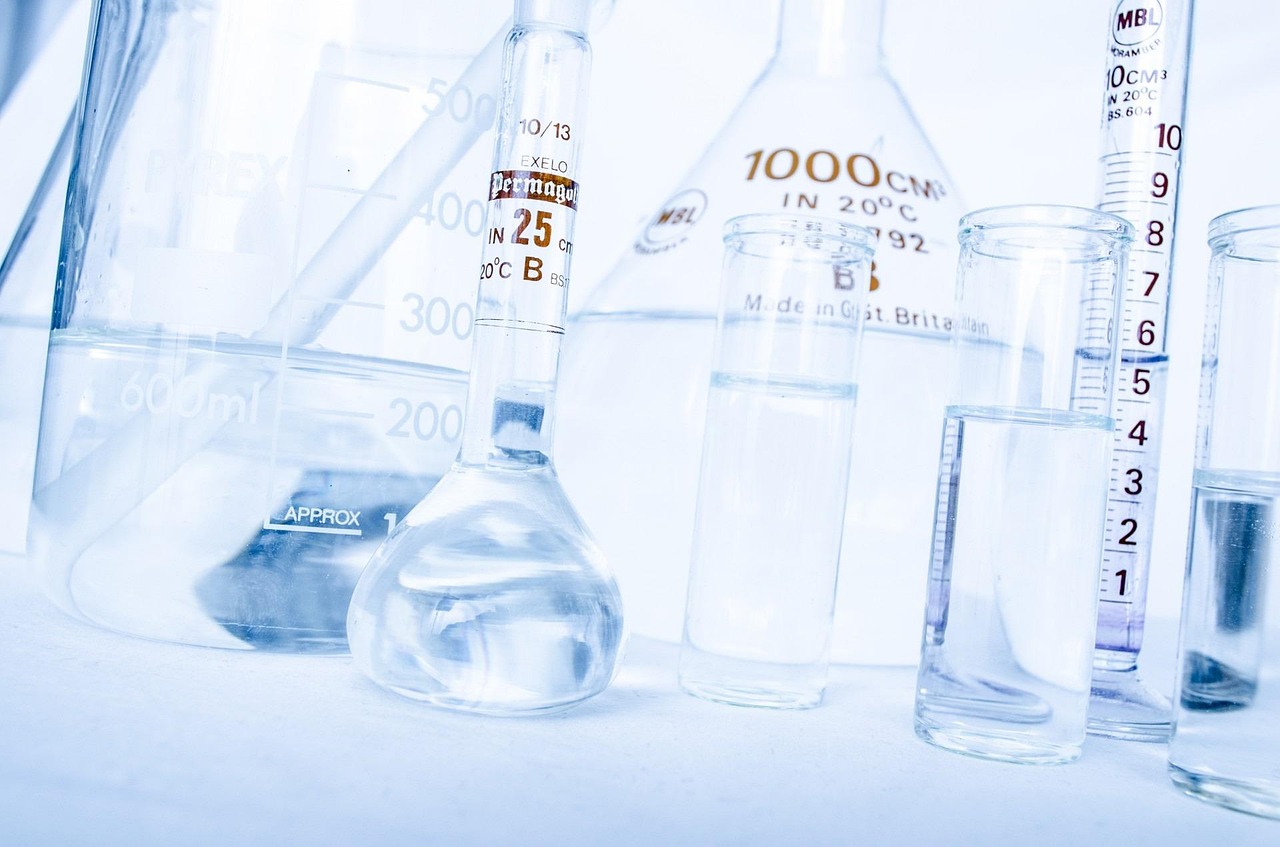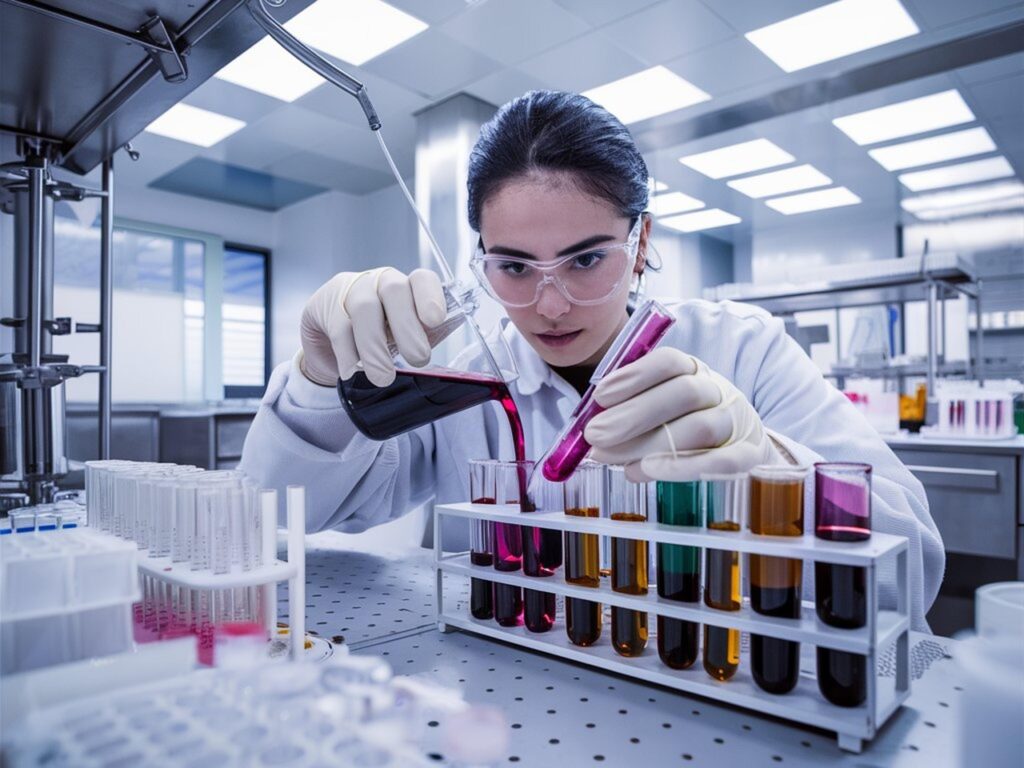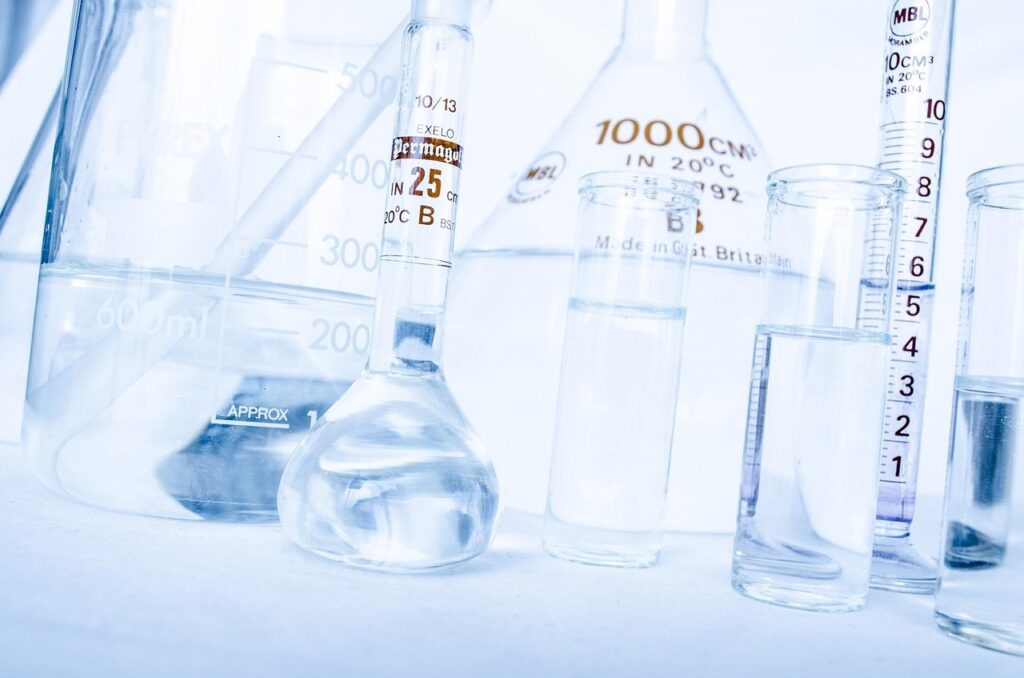The food business in India has undergone tremendous modifications in the past few decades, turning into one of the largest industries in the world. As a result of this expansion, it is imperative to guarantee food safety, quality, and regulatory compliance. This is when the Food Testing Lab in India becomes evident. These laboratories are essential to preserving the quality of food products that millions of people eat each day. Accredited labs are the best option for quality testing them, guaranteeing that food products satisfy the strictest safety and quality requirements. In this blog, we will discuss the importance of accredited food testing labs in India, as well as their advantages and contributions to the ecosystem surrounding food safety in general.
Understanding Accredited Food Testing Labs
An official certification indicates that a testing laboratory possesses the technical know-how, quality control mechanisms, and operational procedures necessary to carry out particular duties with precision and dependability. The National Accreditation Board for Testing and Calibration Laboratories (NABL), a division of the Ministry of Commerce and Industry in India, is responsible for accrediting food testing laboratories. A food testing facility that has earned NABL certification has demonstrated that it adheres to internationally accepted norms and guidelines, guaranteeing consistency and dependability in its testing practices.
An international standard that outlines the standards for the proficiency of testing and calibration laboratories must be demonstrated by an Indian food testing lab in order for it to receive accreditation. This standard is ISO/IEC 17025. A lab’s credibility is enhanced by certification, which also guarantees that food products tested there satisfy the strict safety and quality standards established by regulatory agencies such as the Food Safety and Standards Authority of India (FSSAI).
Importance of Food Testing Labs in India
India’s food landscape is large and diversified, with a wide range of goods being produced, processed, and consumed every day. Because of this complexity, making sure food is safe to eat becomes extremely important. In order to accomplish this, food testing labs in India are essential in identifying contaminants in food samples, confirming their nutritional value, and ensuring that the products fulfill safety regulations.
Here are some of the key reasons why food testing labs are essential:
1. Ensuring Consumer Safety
When it comes to food testing, consumer safety is the top priority. Food items are tested by accredited labs for dangerous contaminants such as chemical additives, pesticides, heavy metals, and microbes. Frequent testing guarantees that dangerous items are found before they are consumed by customers. Foodborne infections and contamination can result in major health problems. An accredited food testing lab in India adheres to strict guidelines to provide accurate and trustworthy results, promoting public health protection.
2. Compliance with Regulatory Standards
The Food Safety and Standards Authority of India (FSSAI) enforces strict regulations regarding food safety, necessitating compliance by producers, suppliers, and distributors. By ensuring that food items meet these requirements, accredited food testing labs assist businesses in avoiding fines, product recalls, and reputational harm. For food companies operating in both domestic and foreign markets, adherence to these regulations is essential. Accredited labs offer the required certificates and reports to demonstrate that goods fulfill regulatory standards.
3. Preventing Food Fraud and Adulteration
In India’s food business, adulteration and food fraud are big issues. These tactics, which range from mislabeling the origin of materials to adding less expensive alternatives to products, not only have the potential to mislead consumers but also pose major health hazards. Food Testing Lab in India plays a critical role in detecting adulteration and ensuring that products are real. Accredited labs apply advanced testing procedures such as DNA testing, isotope analysis, and chemical fingerprinting to detect food fraud, safeguarding both customers and honest enterprises from unethical tactics.
4. Enhancing Food Exports
India is a prominent participant in the worldwide food export industry, offering a diverse range of items from dairy and processed meals to spices and grains. Nonetheless, food products must adhere to international standards for food safety and quality to be exported to other nations. To make sure that Indian food items satisfy the safety standards of importing nations, accredited food testing labs are crucial. A food testing lab in India that has been certified by the NABL or other international organizations offers certification that is accepted around the world, making exports easier and giving Indian food companies an advantage in foreign markets.
5. Supporting Research and Development
The food sector depends on innovation to prosper and recognized food testing laboratories are essential to assisting with research and development. Whether it’s the development of new food products, improvements in packaging, or increasing the shelf life of things, food testing labs provide the technical skills needed to validate the safety and quality of new products. Before releasing goods into the market, food manufacturers can test-drive new formulas with the assistance of an accredited food testing lab in India to make sure they follow safety regulations.
The Process of Food Testing in Accredited Labs
Food testing in accredited labs involves a series of meticulously controlled procedures to ensure accuracy and consistency. Here’s a general overview of the process:
1. Sample Acquisition: Manufacturers, retailers, and other supply chain locations are the sources from which food samples are obtained. Accurate results and prevention of contamination depend on sample handling done correctly.
2. Testing for pollutants: A variety of pollutants, including microbes, pesticides, heavy metals, and chemical residues, are examined in the samples. Modern instruments such as
High-Performance Liquid Chromatography (HPLC), Gas Chromatography-Mass Spectrometry (GC-MS), and PCR (Polymerase Chain Reaction) methods are used in accredited labs.
3. Nutritional Analysis: To confirm that product labels are accurate, laboratories also carry out nutritional analyses. Testing for proteins, lipids, carbs, vitamins, and minerals is part of this.
4. Reporting: Once the tests are done, the lab prepares a full report describing the results. For a Food Testing Lab in India, accreditation assures that these reports are acknowledged by regulatory organizations and other
Challenges Faced by Food Testing Labs in India
Despite the importance of food testing, the industry faces several challenges in India:
- Limited Infrastructure: While the number of food testing labs is growing, there is still a lack of adequate infrastructure in certain regions, making it difficult for businesses to access testing services
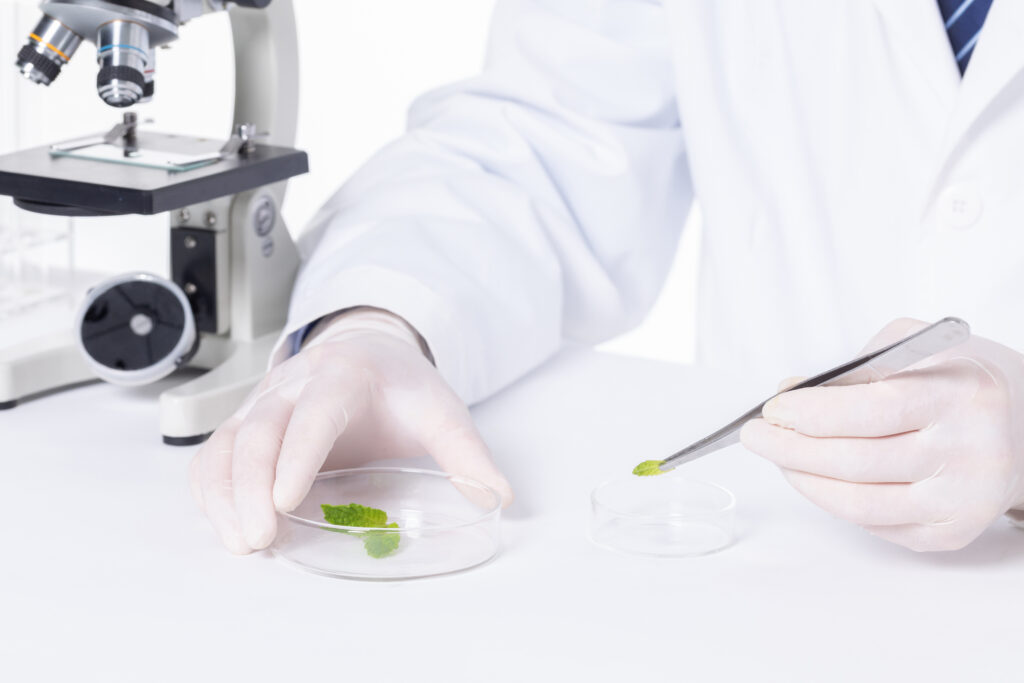
- Cost of Accreditation: Gaining and maintaining accreditation is an expensive and time-consuming process. This can be a barrier for smaller labs, which may not have the resources to meet the stringent requirements of accreditation.
- Technological Advancements: Keeping up with the latest testing technologies and equipment is another challenge. Accredited labs need to continually invest in upgrading their tools and techniques to stay ahead of evolving food safety threats.
Conclusion
The role of an accredited Food Testing Lab in India is indispensable in ensuring food safety, quality, and regulatory compliance. From protecting consumer health to enhancing the credibility of food products in the international market, these labs play a pivotal role in the food supply chain. As the Indian food industry continues to grow, the demand for accredited labs will only increase, making them a cornerstone of the nation’s food safety infrastructure.
With more investment in infrastructure, technology, and accreditation, India can continue to set high standards for food safety and emerge as a global leader in food quality assurance.

